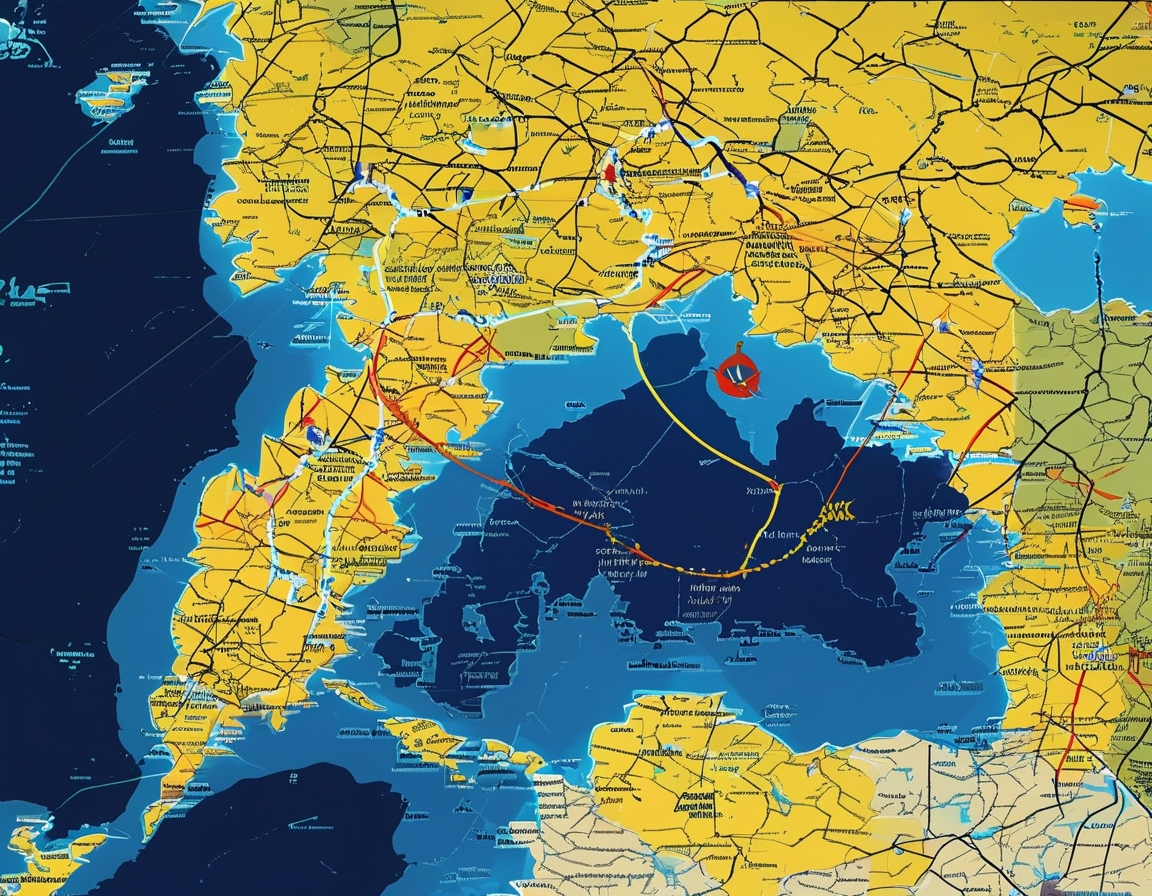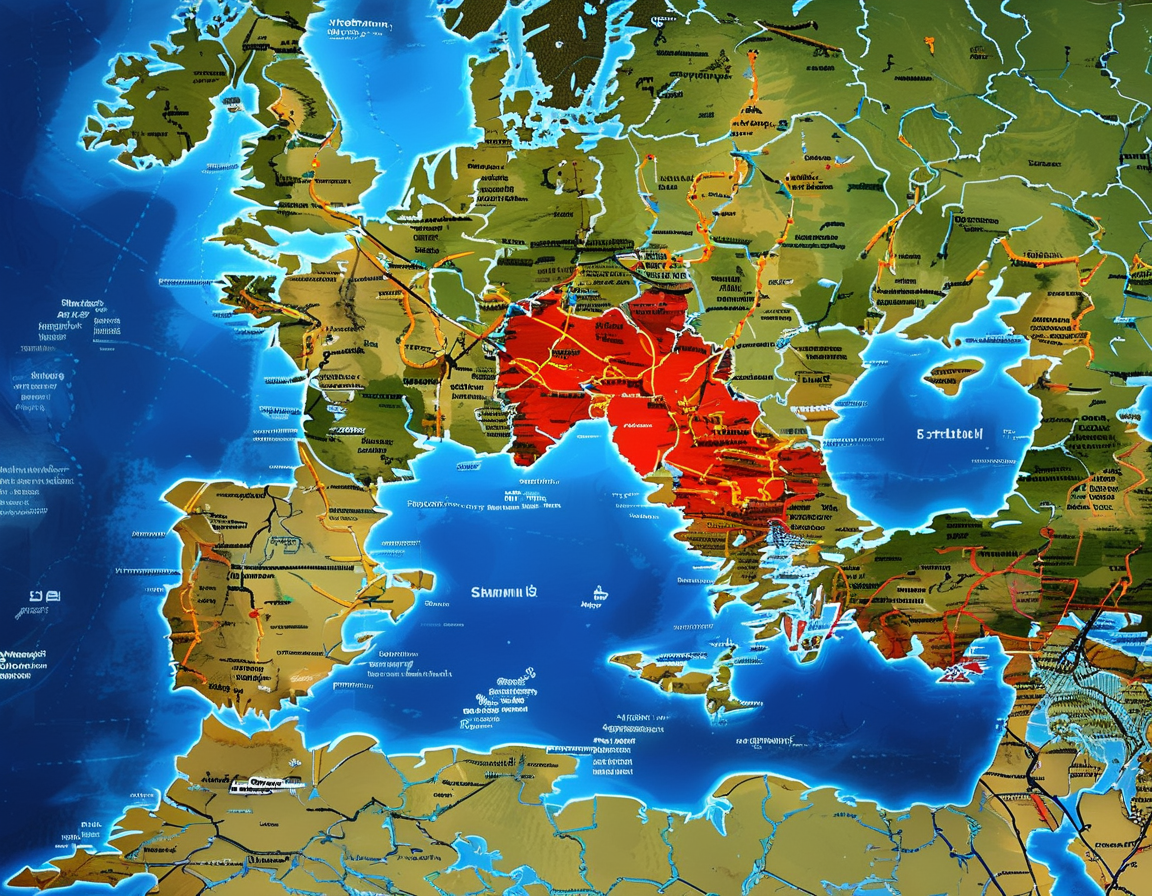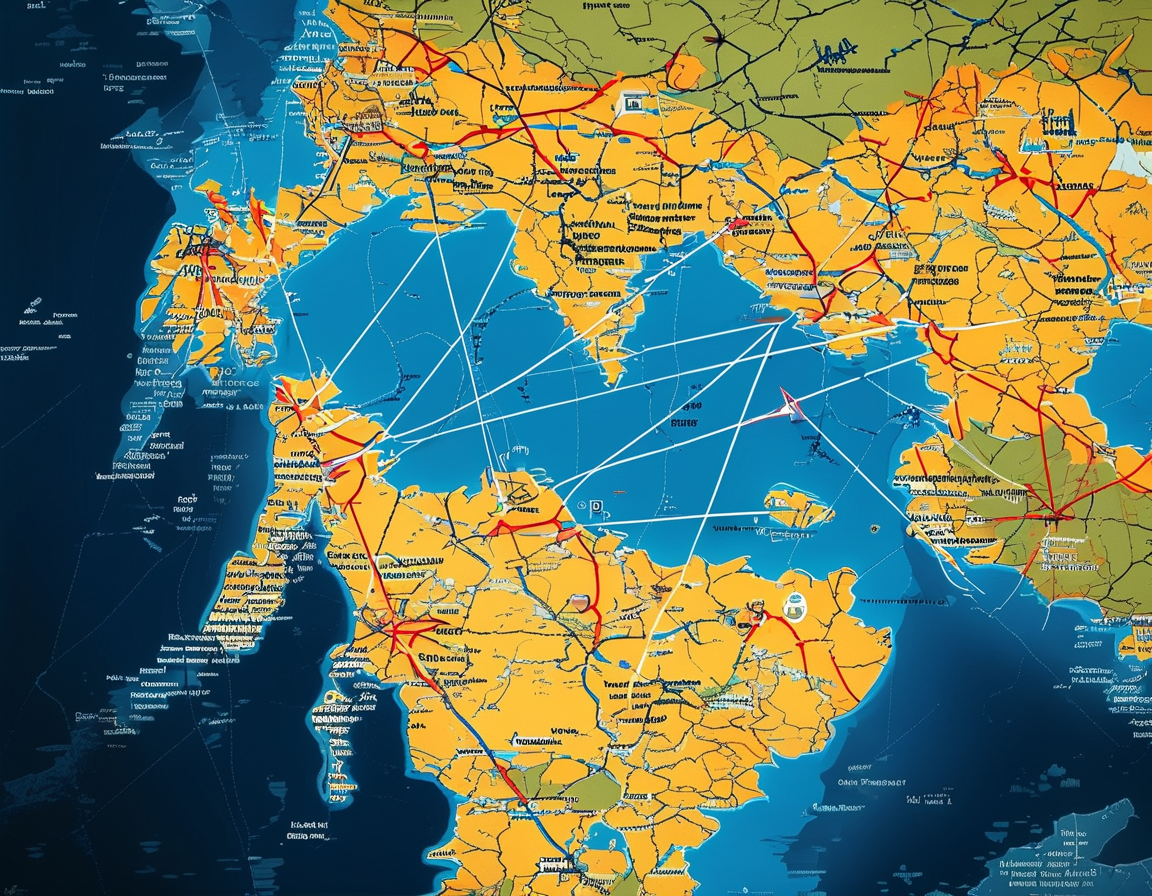Understanding Russia’s Demands for Sanctions Relief
Sanctions have become a key player in the Russia-Ukraine conflict. Recently, Russian officials insisted that a maritime ceasefire hinges on lifting sanctions. This assertion comes in the wake of U.S.-brokered talks aimed at reducing hostilities in the Black Sea. But what does that really mean for the countries involved? Many see this demand as a strategic move rather than a genuine pursuit of peace.
Moscow’s arguments seem to revolve around economic pressures. They want sanctions lifted, particularly against banks like Rosselkhozbank, before any agreements can take shape. It raises an important question: will easing sanctions on Russia genuinely lead to a peaceful resolution, or will it just give the Kremlin leverage in future negotiations?

The political landscape is complicated and fraught with tension. European leaders have expressed skepticism, fearing that lifting sanctions could embolden Moscow. It prompts another question: how do governments balance international relations and moral responsibilities?
The Situation on the Ground in Ukraine
War in Ukraine is a complex mix of military strategy and humanitarian issues. President Volodymyr Zelensky has condemned the Russian stance as manipulative. His belief that the ceasefire could happen without sanction relief highlights the desperation for peace on the Ukrainian side. The attack on Mykolaiv suggests that nothing is set in stone.
Ukrainian naval forces have maintained a strong presence in the Black Sea, aiming to protect their ports from Russian strikes. However, the maritime ceasefire could change the dynamics significantly, even if only slightly. Are the Ukrainian forces prepared for what a ceasefire could mean?

Zelensky’s government has focused on pressing forward with agricultural exports through safe shipping routes. They have seen a resurgence in grain exports, which is vital for Ukraine’s economy. Yet, with Russia’s insistence on sanction relief, the question remains: will Ukraine push for peace at the expense of its economic security?
Western Reactions: A United Front or Mixed Messages?
The Western response has been cautious. Countries are weighing the consequences of their actions. Some view sanctions as necessary to pressure Russia. Others are beginning to ask if they’re stifling vital negotiations.
The European Commission has clearly stated that Russian withdrawal is essential before sanctions can be amended. Remind me, how likely is a full withdrawal under current conditions? The lack of consensus complicates the situation. Enacting any changes would require agreement from multiple parties, something that feels increasingly elusive.

Former U.S. President Donald Trump echoed concerns about Russia dragging its feet for their own advantage. His perspective can be jarring for some and underscores the uncertainty surrounding U.S. involvement. It invites us all to wonder: can a genuine sense of urgency about peace overcome political maneuvering?
Could the Maritime Ceasefire Shift Global Dynamics?
Imagine the implications of a maritime ceasefire—a fragile peace that opens trade routes crucial for global food supplies. It would also potentially shield Ukrainian ports from further airstrikes. But let’s be honest; our hopes sometimes hinge on fragile threads.
Dmytro Pletenchuk, spokesperson for Ukraine’s navy, is cautious. He claims the ceasefire wouldn’t significantly change their operational capabilities. That statement forces reflection: how deeply rooted is the idea of peace amidst constant threat?
Furthermore, Dr. Jenny Mathers, an expert on Russian politics, pointed out that a ceasefire could provide Russia a lifeline for agricultural exports at a time when it desperately needs it. What does this say about the West’s approach to Russia? Could negotiating terms with Moscow delay what many in Ukraine see as a path to sovereignty?
Looking Ahead: Opportunities and Questions
The future after a potential ceasefire is filled with uncertainties. As all parties commit to dialogue, the direction of peace remains foggy. What will come next—cooperation or further discord?
The Black Sea is a strategically significant area, bordered by numerous nations with vested interests. A maritime ceasefire could change the trajectory of the conflict, but only if both sides are ready to embrace it as a genuine opportunity for peace. However, does either party truly believe that trust can emerge from such a fraught relationship?
In conclusion, the insistence on sanctions relief as a precondition for a maritime ceasefire reflects the complexities of international diplomacy. Observers ask a key question: will this end up being a temporary pause in fighting or an actual step toward lasting peace? In a world filled with turmoil, we can only wait and hope for the best.
Leave a Comment